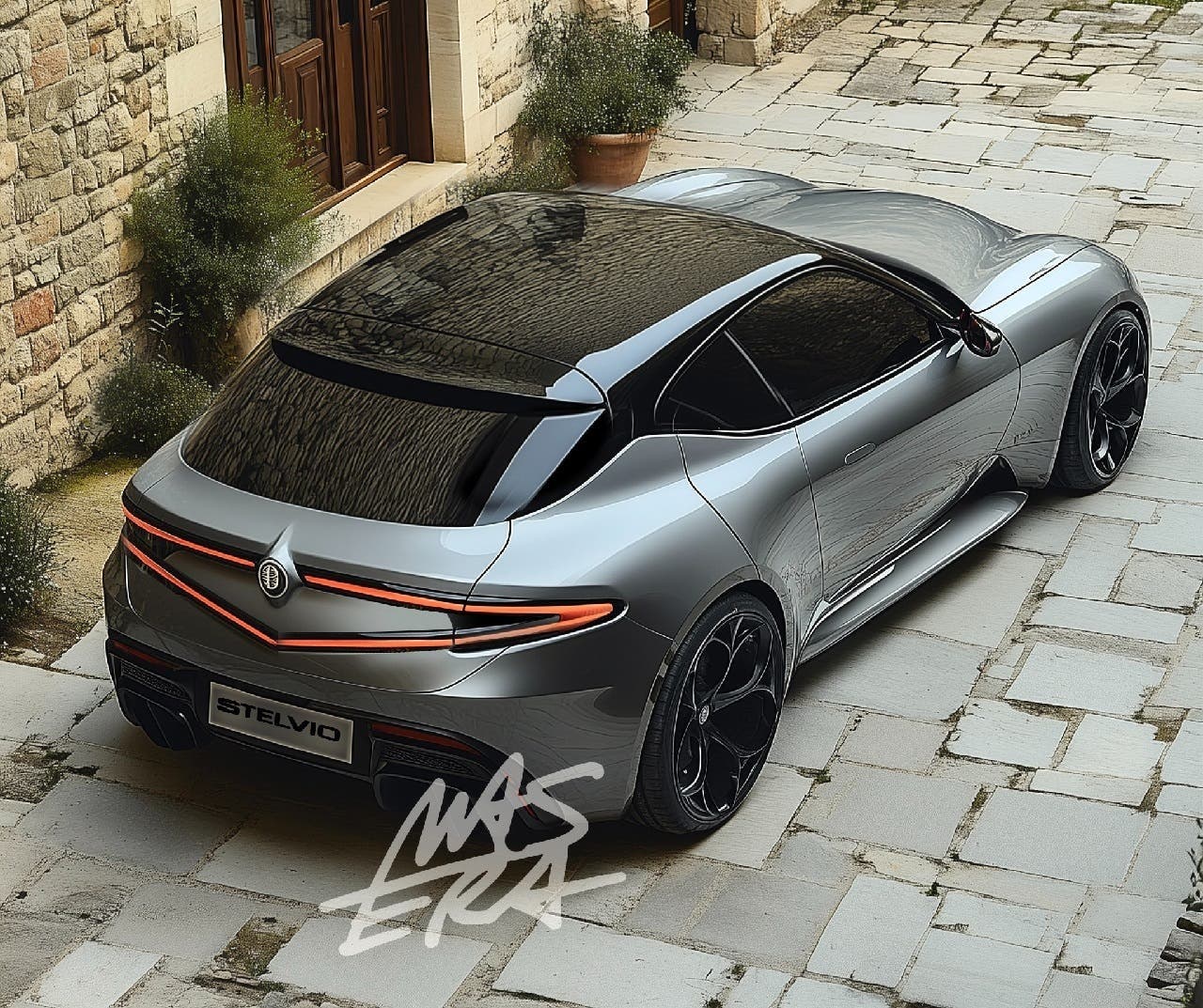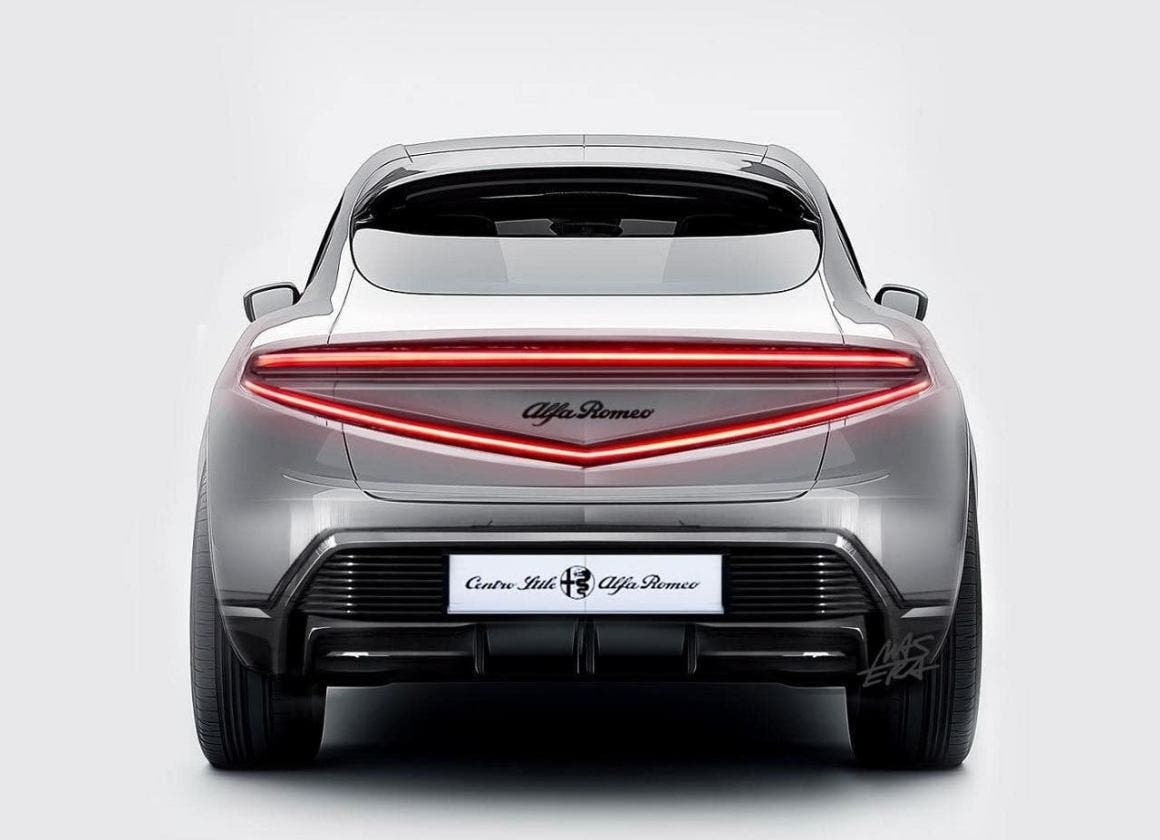The new 2025 Alfa Romeo Stelvio is preparing for its debut with a range that will include both a fully electric version, which also includes a range extender variant, and a hybrid powertrain. For the latter, recent rumors suggest the adoption of the GME T4, a 48V mild hybrid engine already used in the Stellantis group.
New Alfa Romeo Stelvio: here’s which engine it might use

This engine made its debut in 2020 on the Maserati Ghibli. It’s a 2.0-liter four-cylinder that, in its most powerful version, delivers 333 horsepower thanks to the support of a 48-volt mild hybrid system. The same unit was subsequently used in the Maserati Grecale in a 300-horsepower variant.
The choice of this engine for the Stelvio seems possible considering that the Global Medium Engine (GME) was originally developed by Alfa Romeo’s engine division in 2016, coinciding with the launch of the Giulia. The engine, produced at the Termoli plant, also gave rise to the Hurricane family, which powers the group’s American vehicles like Jeep and Dodge.
The evolution of this engine has been notable over the years: from the first version on the Giulia Q4 with 276 horsepower, it progressed to 200 and 250 horsepower variants, up to the most recent Maserati evolutions of 300 and 330 horsepower. For the new 2025 Alfa Romeo Stelvio, a further specific power calibration to match the model’s character is not ruled out.

For the U.S. market, a specific version of the Alfa Romeo Stelvio equipped with a 3.0-liter 6-cylinder engine has been hypothesized. This strategy is part of Stellantis‘ broader plan to reconquer the American market, where the group has gone through a period of extreme difficulty. The recent leadership change at Stellantis, with Carlos Tavares‘ departure, has led to a reorientation of business strategies, with greater attention to consumer preferences.
For example, the new management has also reassessed the decision on the HEMI V8 engine, which Carlos Tavares had previously planned to discontinue for environmental reasons. The group has decided to keep this engine, particularly appreciated by customers, in production, demonstrating greater attention to market preferences while still considering the ecological transition.

